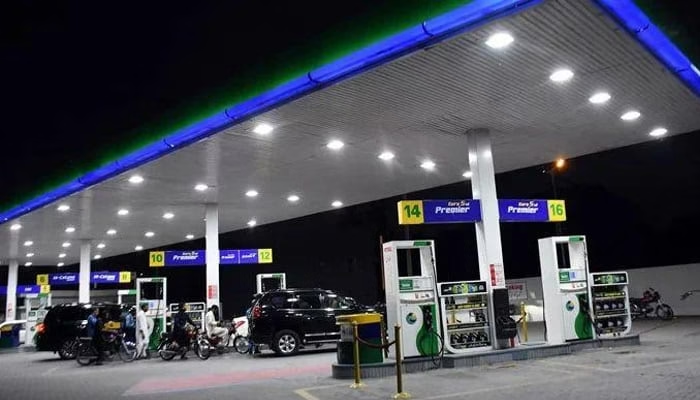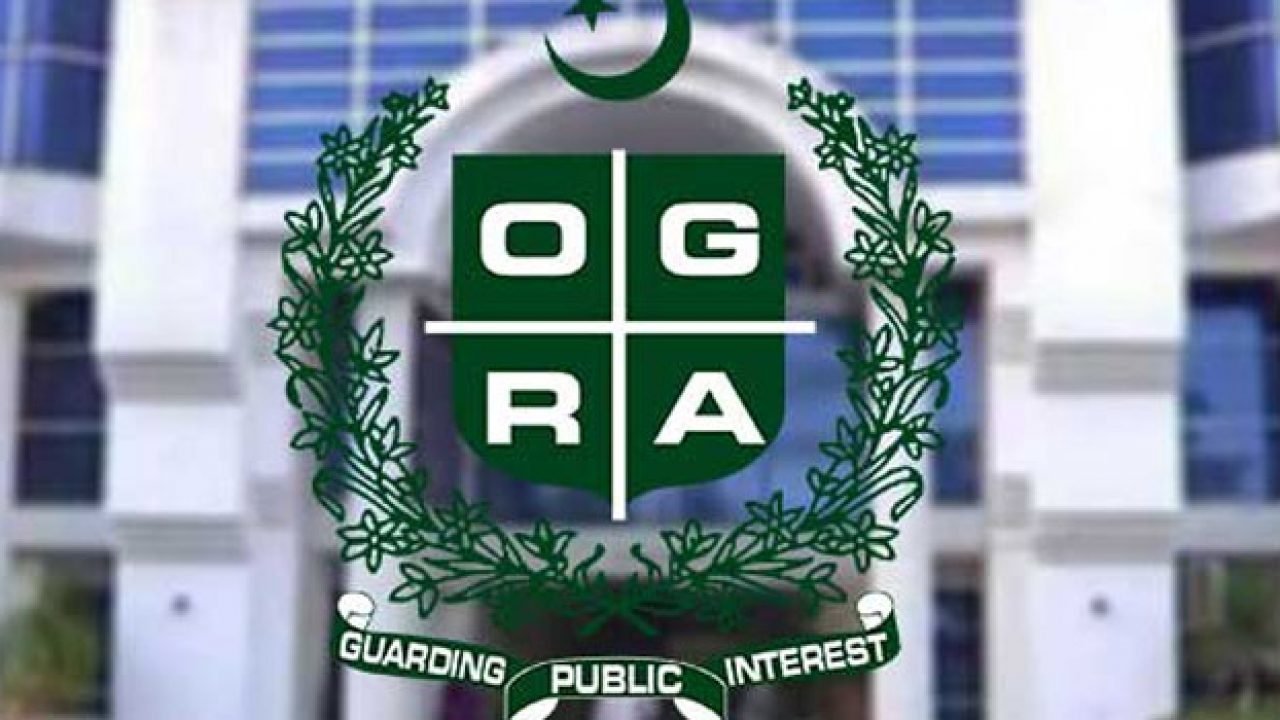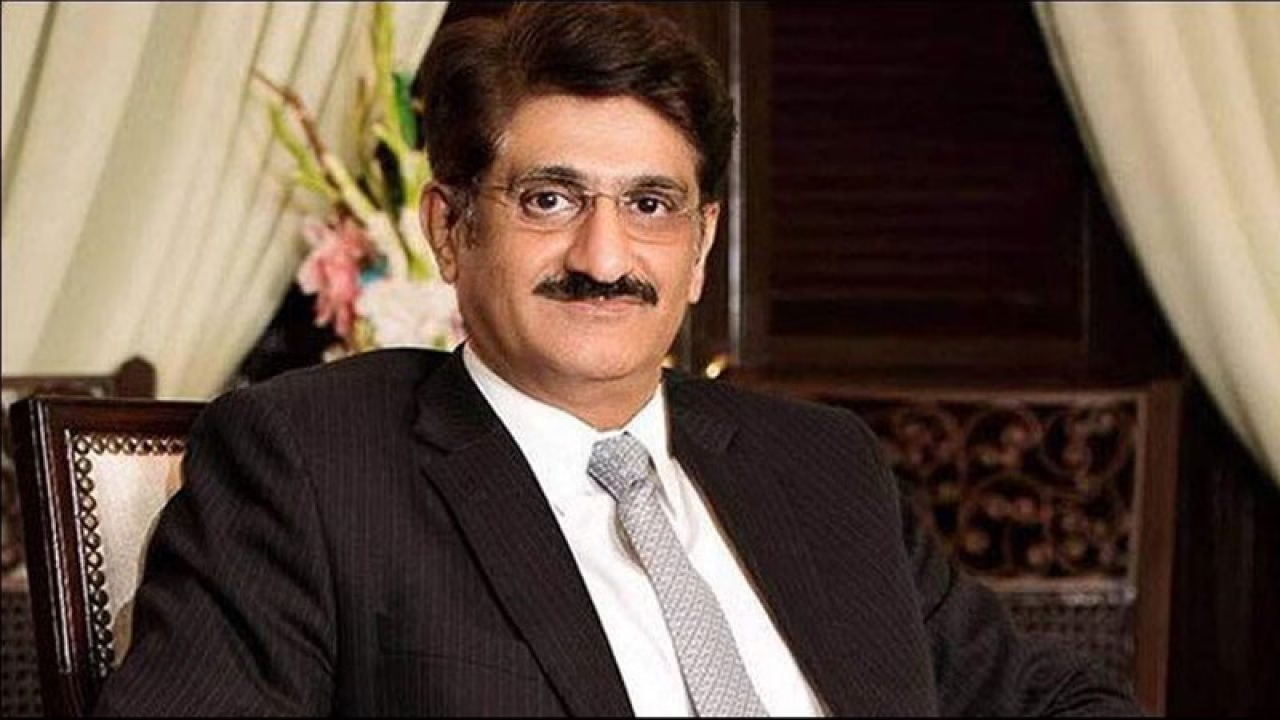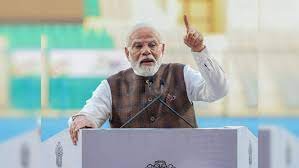Reports of a growing diesel shortage in Pakistan have sparked widespread concern as fuel traders warn that petrol pumps across the country are running dry. According to the Petrol Pump Dealers Association, the shortage is not due to natural market conditions but is allegedly being manufactured by certain oil marketing companies (OMCs). With fuel prices expected to rise soon, traders fear the situation may worsen if immediate action is not taken.
Over the past week, diesel supply to petrol pumps has dropped sharply. The Petrol Pump Dealers Association wrote a formal letter to the chairman of the Oil and Gas Regulatory Authority (Ogra), outlining how several OMCs have been restricting or delaying deliveries. Some companies are reportedly supplying only a fraction of the requested fuel quantities, while others have altogether stopped deliveries. This sudden change in supply patterns has caused long queues, operational disruptions, and temporary closures at many petrol stations, intensifying the diesel shortage in Pakistan.
Dealers Claim Shortage Is “Artificial”
According to dealers, fuel orders that are normally fulfilled without delay are now being cancelled unexpectedly. In many cases, trucks wait for hours outside depots without being loaded. The dealers firmly believe that this is not a supply-side issue but an intentional move by certain companies in anticipation of an expected price hike. A potential upward revision in diesel prices later this month is suspected to be driving this artificial supply squeeze, as companies may be attempting to maximize profits when the new rates are announced.
The association warns that the severity of this diesel shortage in Pakistan has reached a point where many pumps are “hardly able to meet the public’s needs,” leaving motorists, transporters, and businesses struggling. Diesel is essential not only for private transport but also for commercial vehicles, agriculture, and goods movement. Any disruption in its availability can have serious economic consequences, especially in a country where logistics heavily depend on road transport.
Dealers Seek Immediate Intervention
To prevent the crisis from escalating further, the Petrol Pump Dealers Association has urged Ogra to take strict action and ensure that all OMCs resume normal supply operations. The dealers are demanding that companies supply diesel based on each station’s historical sales volumes so that pumps can continue operating smoothly. They stress that restoring regular supply levels is crucial to avoiding panic among consumers and preventing long-term damage to economic activity.
The letter, dated November 14, was also sent to senior government officials, including the petroleum minister, the petroleum secretary, and the director general of oil. By escalating the matter to the highest levels, the association hopes to prompt urgent government intervention to address the worsening diesel shortage in Pakistan.
Context: Fuel Price Expectations
The warning comes at a time when fuel prices are already under pressure. The government revised prices earlier this month, increasing petrol by Rs2.43 per litre and setting it at Rs265.45. High-speed diesel saw an increase of Rs3.02 per litre, bringing the new rate to Rs278.44. These prices were fixed for the outgoing fortnight and are due for review at midnight today.
Because another fuel price revision is imminent, traders fear that the current restrictive supply tactics may continue until the official price update is released. If prices rise again, companies holding back stock could benefit financially, further deepening concerns about a manipulated diesel shortage in Pakistan.
Potential Impact on the Public and Economy
If the shortage persists, the ripple effects could be extensive. Freight costs may rise, leading to increased prices of essential goods. Farmers relying on diesel-powered machinery could face operational delays, particularly during peak agricultural seasons. Public transport operators may also cut services or increase fares, affecting daily commuters.
Moreover, the uncertainty surrounding fuel availability often fuels panic buying, which can worsen shortages and destabilize the supply chain even further. This is why experts emphasize the need for timely government action to restore market stability.
The emerging diesel shortage in Pakistan presents a serious challenge that requires swift governmental and regulatory intervention. Allegations of artificial restrictions by fuel companies have raised questions about transparency and fair market practices within the petroleum sector. With another fuel price update expected shortly, the situation could become more volatile if decisive steps are not taken. Ensuring fair supply distribution, monitoring OMC activities, and maintaining strict oversight will be essential to prevent a nationwide fuel crisis and protect both consumers and the economy.



